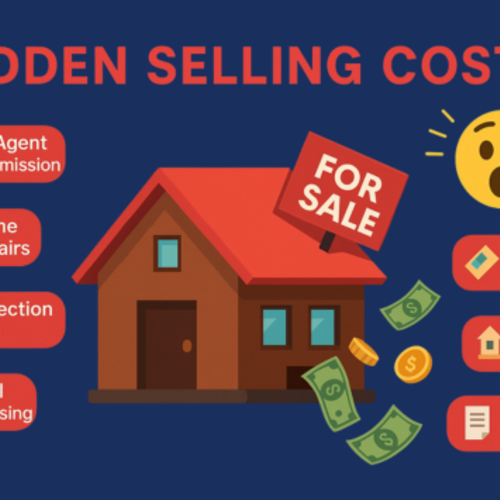Buying a home is one of the most exciting milestones in life. Whether you're purchasing your very first place or upgrading to a new one, the journey is filled with hopes, dreams, and a lot of paperwork. Most people spend hours scrolling through listings, calculating monthly payments, and saving up for a down payment — and that’s a great start. But what many buyers don’t realize is that the actual cost of buying a home goes far beyond the price you see online.
There are several hidden expenses that can catch you off guard if you're not prepared. These aren't “tricks” or scams — they're just common parts of the home buying process that don’t get talked about enough. From inspections to moving trucks, small costs can add up fast. The good news? When you know what to expect, you can plan ahead and avoid stress, delays, or financial strain.
In this article, we’ll walk you through 7 hidden costs that many buyers miss — and how to be ready for them so your home purchase is as smooth and exciting as it should be.
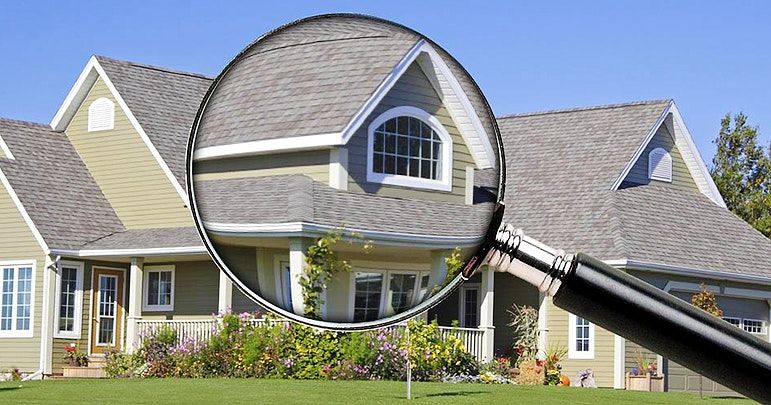
1. Home Inspection Fees
Before you buy a home, it’s a smart idea to have a professional home inspection. This is when a trained expert walks through the house and checks for any problems — big or small — that you might not notice on your own. They’ll look at things like the roof, the foundation, plumbing, electrical systems, and more. The cost for this is usually between $300 and $600, depending on how big the home is. You’ll need to pay this upfront, and it’s not refundable even if you decide not to buy the house. Still, skipping this step can lead to surprise repairs down the road — like broken pipes or wiring issues — which could cost you way more. So while it’s not cheap, it’s a smart investment in peace of mind.
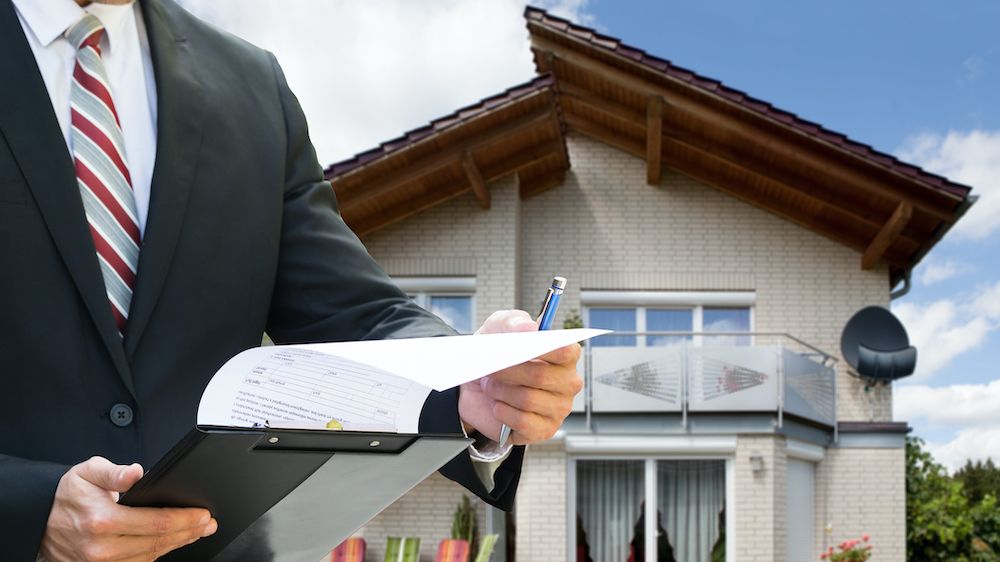
2. Appraisal Costs
If you're using a loan to buy your home, the bank or lender will almost always require an appraisal. This means they’ll hire a professional to figure out how much the home is really worth before giving you the money. It helps them make sure they’re not lending more than the property is actually worth. Appraisals usually cost between $400 and $700, and you’ll need to pay for it up front. If the home "appraises low" — meaning it’s worth less than the price you agreed to — that can create problems with your loan or even lead to renegotiating the deal. Even though the appraisal is mainly for the bank’s benefit, you’ll still be responsible for the bill.
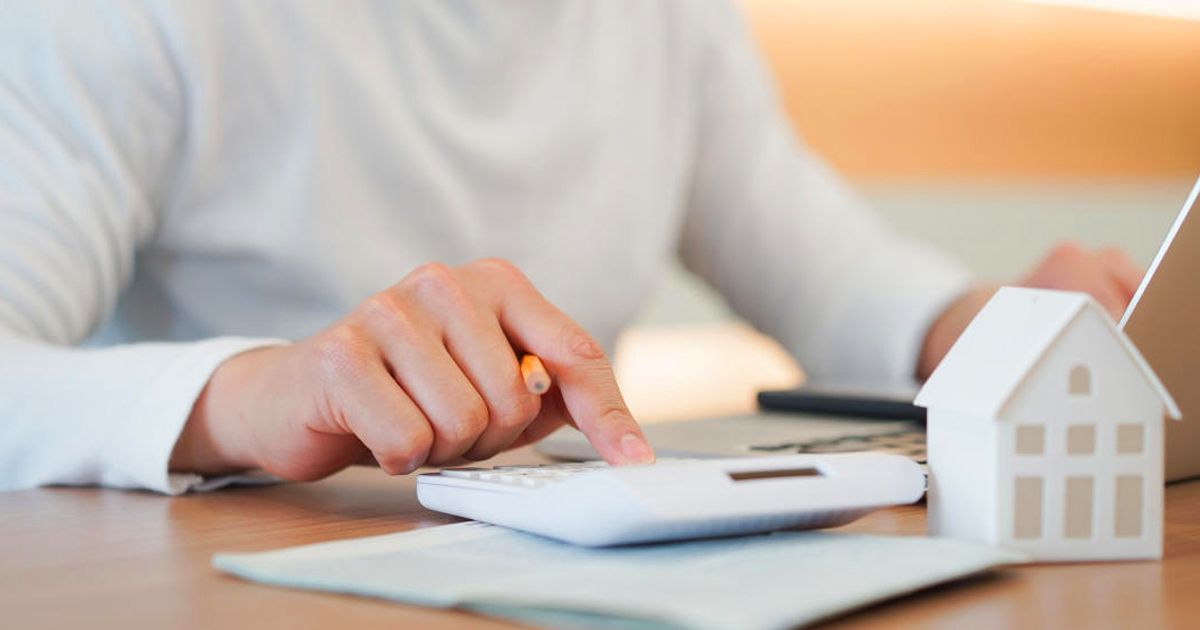
3. Closing Costs
This is one of the biggest surprises for many buyers. Closing costs are a group of fees you have to pay when the home sale is finalized. These fees can include things like loan processing, title searches, title insurance, transfer taxes, and sometimes attorney fees, depending on where you live. Altogether, these can cost anywhere from 2% to 5% of the total home price. So if you're buying a $300,000 home, you could be looking at $6,000 to $15,000 in closing costs. These are due at the same time you sign the final papers, so it’s important to plan for them. Your lender will give you a breakdown before closing, but many buyers don’t realize how big this chunk can be — until it’s too late.
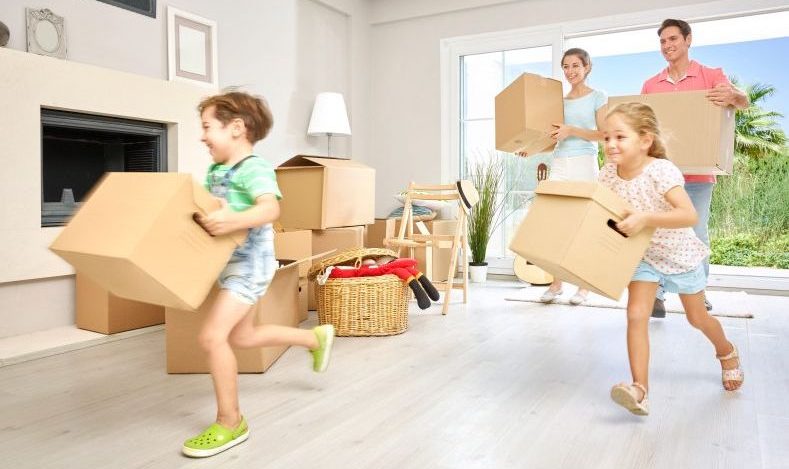
4. Moving Expenses
Moving isn’t just about packing boxes — it can cost real money. Whether you hire movers, rent a truck, or do it all yourself, there are plenty of costs involved. You might need to buy boxes and packing supplies, pay for gas, or take time off work. If you’re moving across town, it might cost a few hundred dollars. If you’re moving from another city or state, it could be a few thousand. And don’t forget: setting up things like internet, water, electricity, or gas at your new place may require deposits or installation fees. It’s easy to forget about these details, but they can really add up fast.
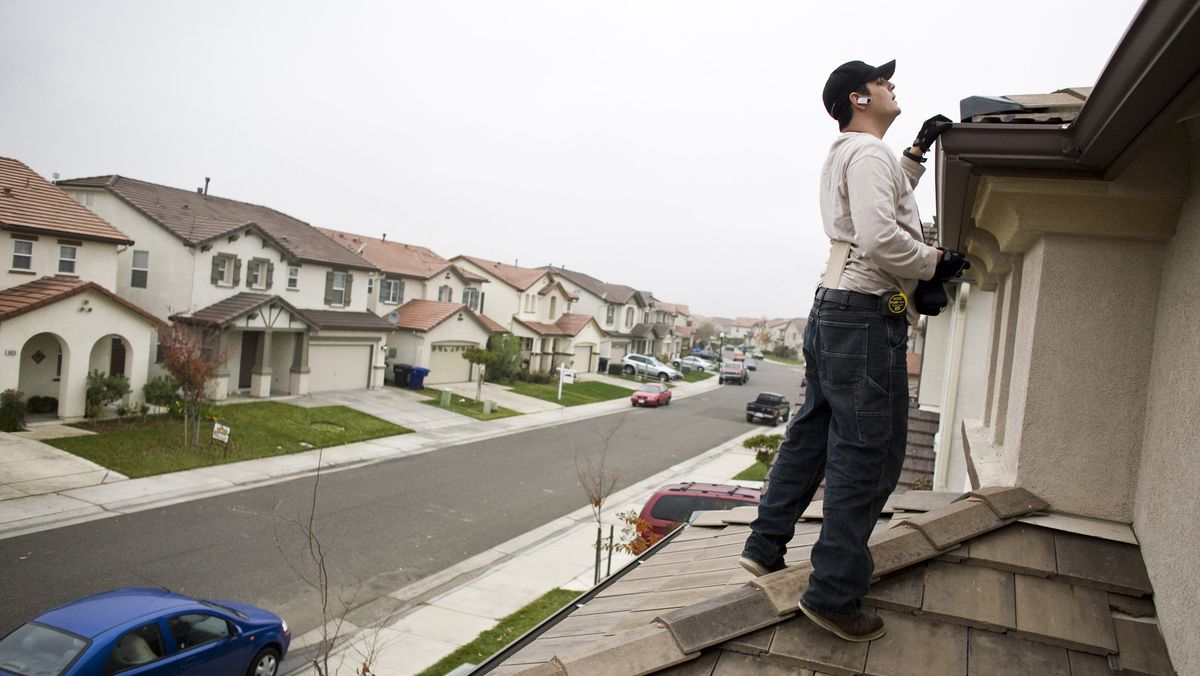
5. Immediate Repairs or Upgrades
Even if the home you buy looks move-in ready, there’s a good chance you’ll want (or need) to make a few changes as soon as you move in. This could be as simple as painting the walls, changing the locks, installing curtain rods, or updating old light fixtures. Sometimes the home inspection will reveal smaller issues — like a leaky faucet or sticky door — that didn’t seem urgent during the buying process but need to be fixed quickly once you move in. These little updates may not seem like a big deal at first, but when you’re doing several at once, they can easily cost hundreds or even thousands of dollars. Setting aside a “move-in fund” will help you handle these costs without stress.
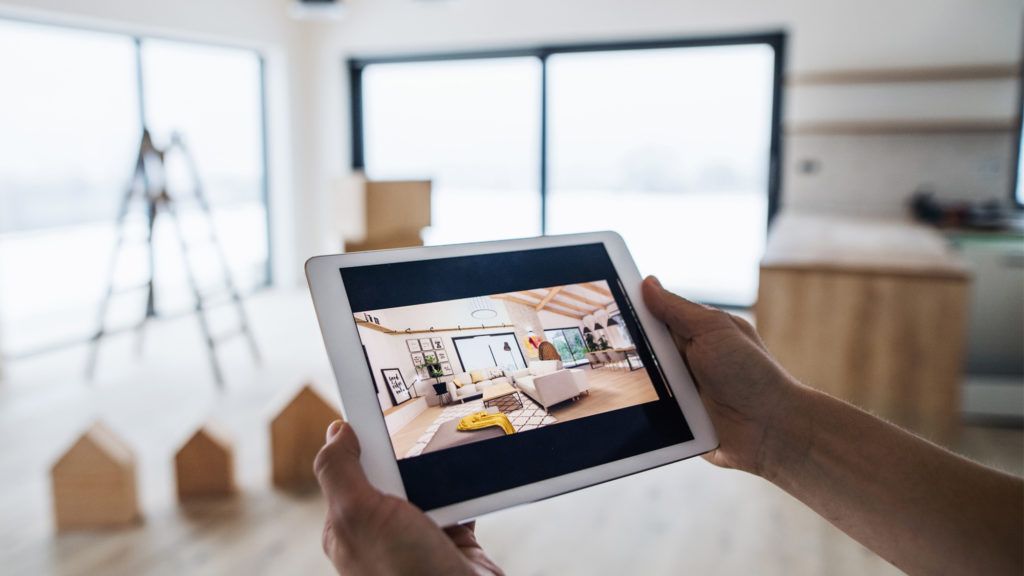
6. New Furniture or Appliances
Many people find that once they get into their new home, their old furniture doesn’t quite fit — either in size or style. You might have an extra bedroom to furnish, or your kitchen may not come with a refrigerator, washer, or dryer. Even smaller things, like shelves, lamps, or a dining set, can start to add up. And if you’re moving from a smaller space into a larger one, you may need a lot more than you expected. While you don’t have to buy everything at once, it helps to make a list of what you’ll need soon — and figure out what you can save up for later.
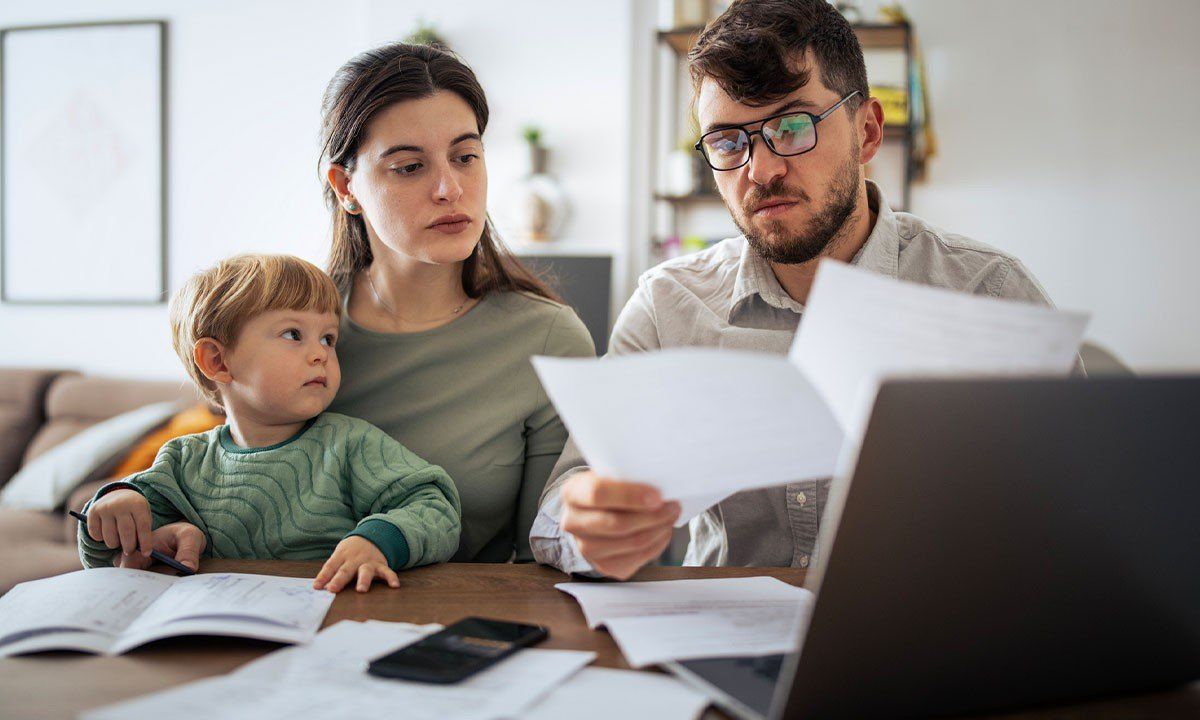
7. HOA Fees or Property Taxes
Some homes, especially in neighborhoods with shared spaces or amenities, come with homeowners association (HOA) fees. These are monthly or yearly dues you pay to help maintain common areas like parks, pools, or landscaping. Some HOAs even charge a setup or transfer fee at closing. On top of that, you’ll also need to pay property taxes — and sometimes these are due right after closing, especially if they’re being split between you and the seller. In some areas, you might also have to pay for special assessments (extra charges for local improvements). These costs can vary a lot depending on the home, so make sure to ask about them early in the buying process so you’re not hit with an unexpected bill later.

Final Thoughts
Buying a home isn’t just about saving enough for the down payment or making sure you can afford the monthly mortgage. It’s about knowing the full picture — all the costs that come with turning the key and walking into your new home for the first time. These extra expenses might seem small on their own, but they can make a big difference if you’re not expecting them.
The best way to avoid surprises is to ask questions, work with a trusted real estate professional, and plan your budget carefully. When you’re well-prepared, the process becomes a lot less stressful — and a lot more fun. After all, buying a home should feel exciting, not overwhelming.
If you're thinking about making a move and want to make sure you're financially ready, I’d love to help. Let’s talk about your goals, your budget, and what to expect so you can step into your new home with total confidence.



